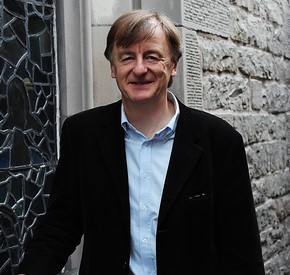We have the technology
Technology has been defined as the application of scientific knowledge to the practical aims of human life. More often than not we think of this as the application of knowledge from sciences such as physics, chemistry or biology to provide new ‘things’ which improve life. However, perhaps this is too narrow a perspective, which doesn’t…

